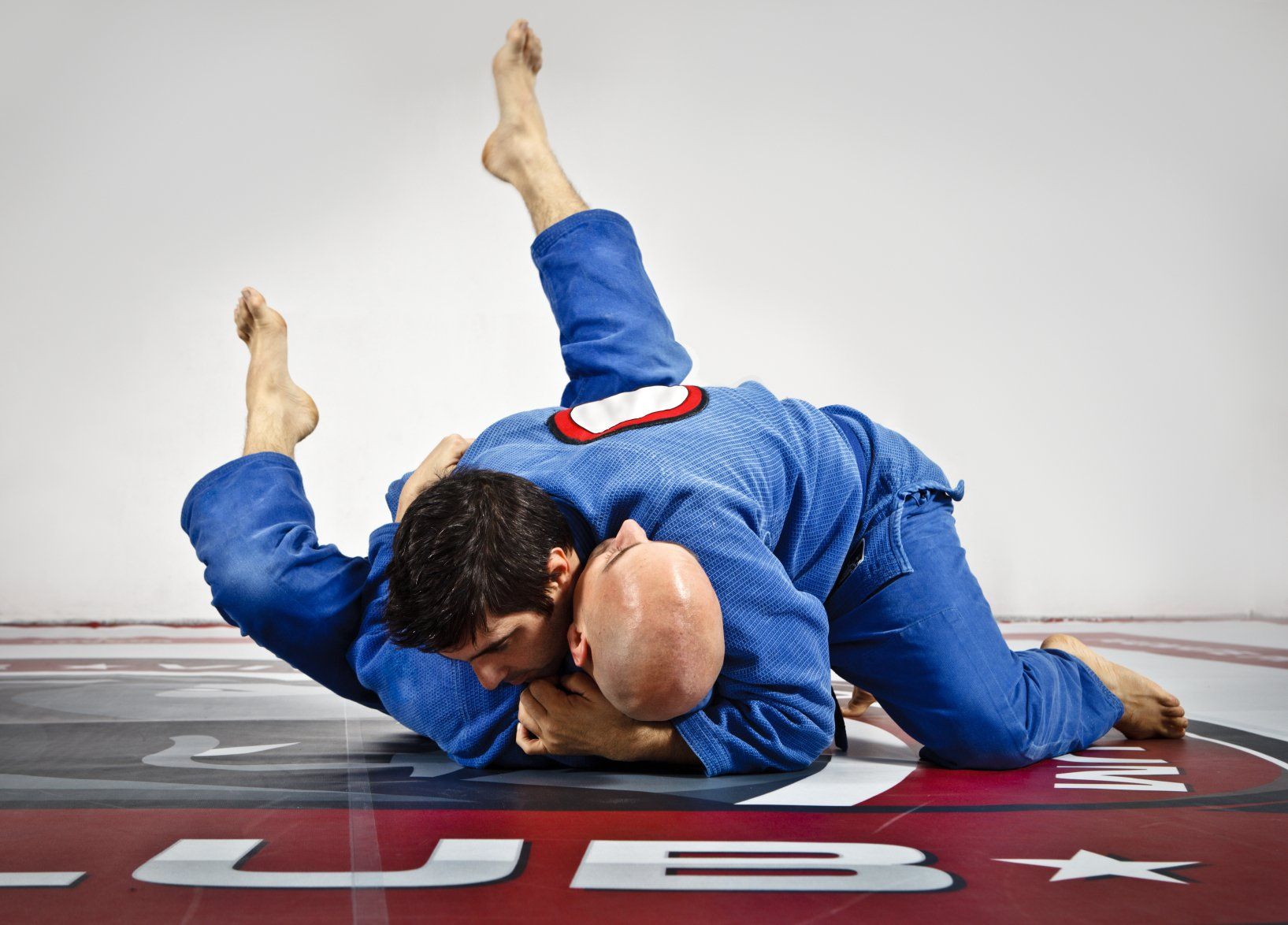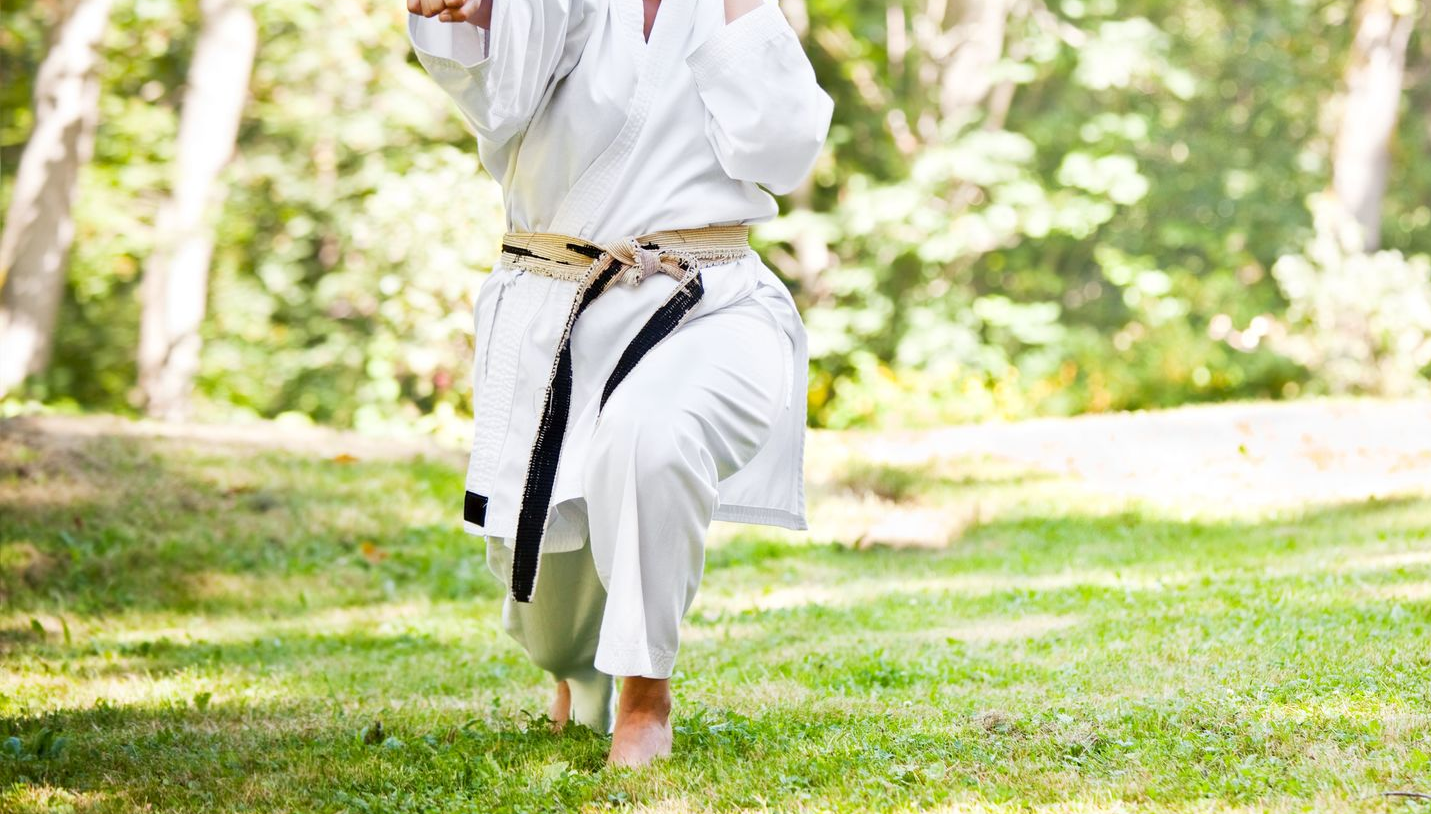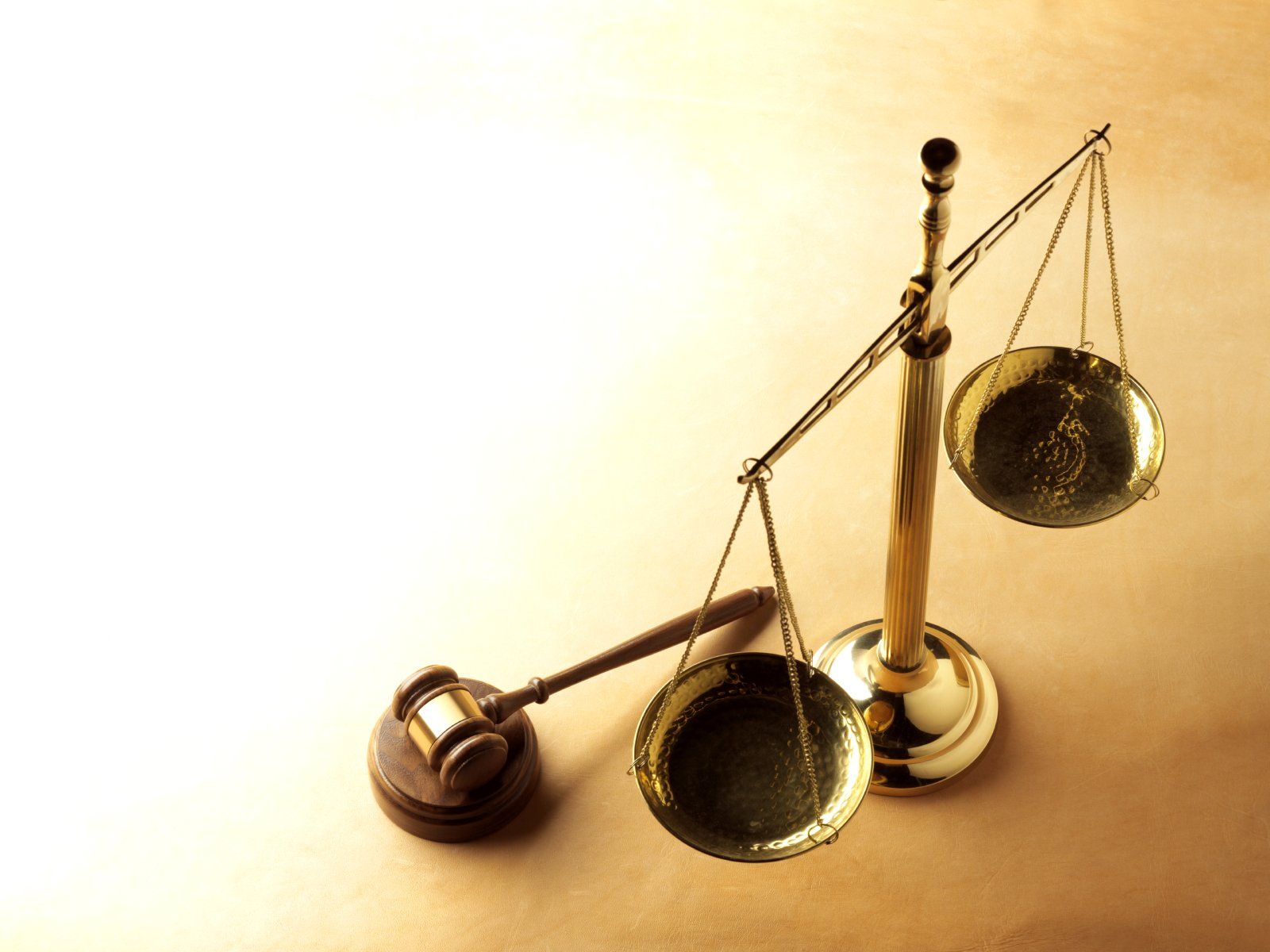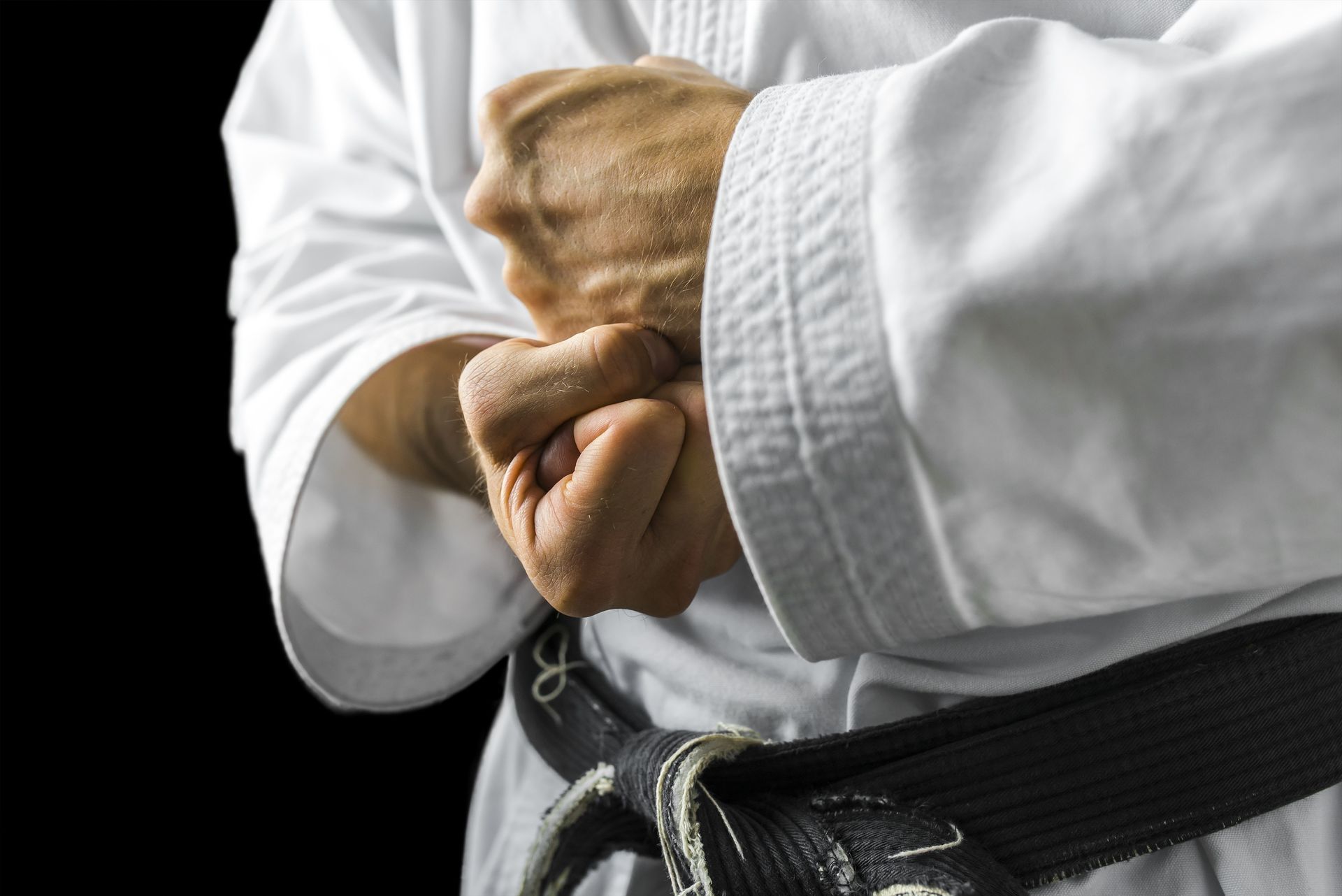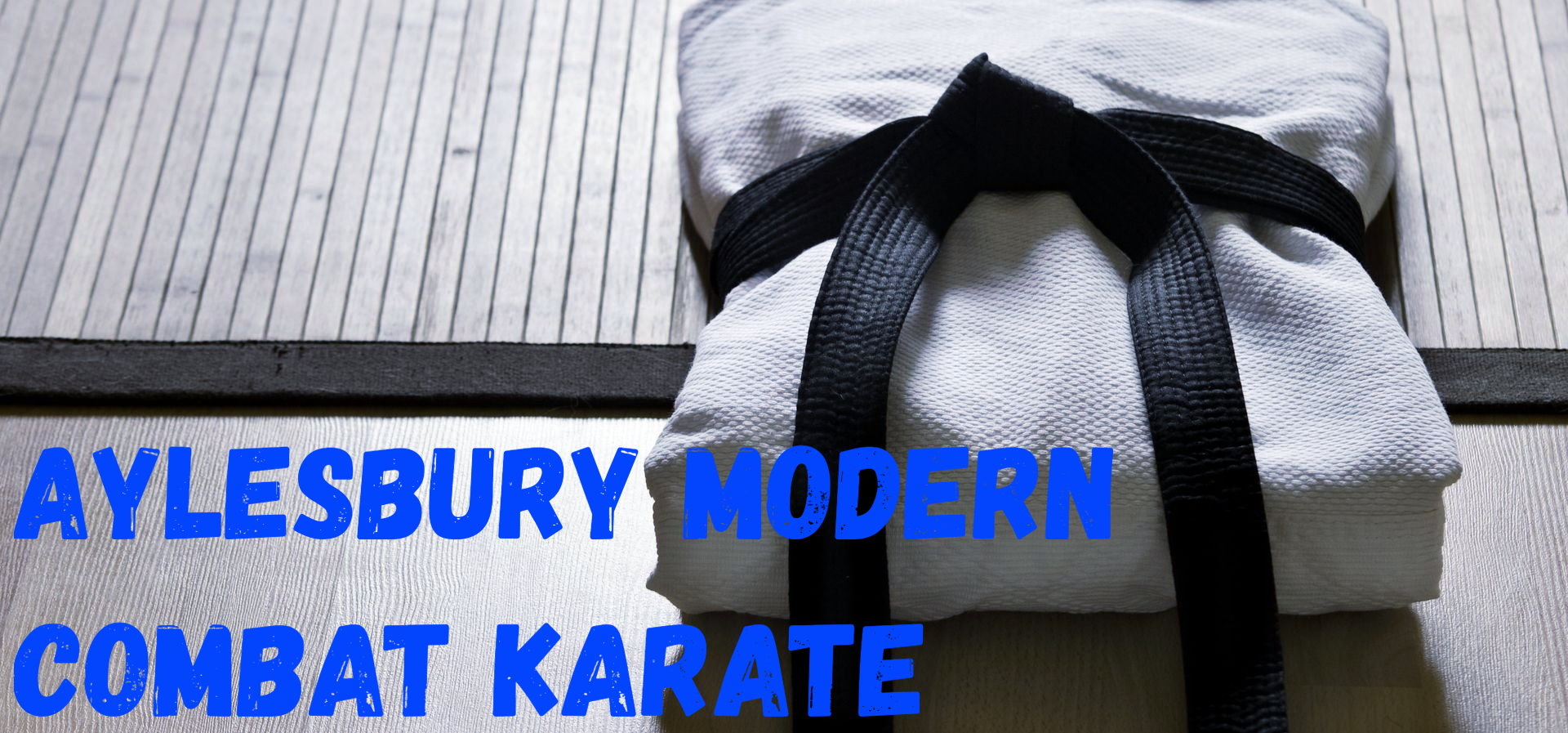No Panacea

panacea
/ˌpanəˈsiːə/
noun
- a solution or remedy for all difficulties or diseases.
The above post was shared in a martial arts group I am a member of on Facebook, the statement by the poster here for those who can't see it is "For everyone saying that Brazilian juijitsu is not useful, sure would've come in handy here."
My response to these kinds of posts is normally to simply move past them, however I thought this was a good example to discuss an issue which many martial artists tend to ignore. That issue is that NOTHING is guaranteed to be useful.
The second issue is that sport or martial arts training is not guaranteed to carry over into non-consensual violence.
Now, the sole reason the poster has put this up with this comment is because the fight goes to the floor unusually quickly, and therefore BJJ must be the best thing the officer could have used in this situation, no?
Well lets discuss it in terms of the first issue initially.
Yes, some level of ground fighting may have assisted the officer in this confrontation, but I have a number of objections to the statement that BJJ alone would have solved this confrontation.
- BJJ is a
Sport. I will cover this more in a minute.
- We have no idea what the police officer's current level of grappling accomplishment is. He could be a BJJ professor, taken by surprise and performing at a sub-par level due to a number of factors (e.g. the adrenaline dump). With incomplete evidence, we can't draw a valid conclusion.
- We have no idea what the criminal's level of grappling accomplishment is. Many people suggest a level of blue belt as a minimum for law enforcement.
What if the criminal's a brown belt? - In the UFC - essentially the closest we can get to actual real-world confrontation at high intensity 11 of the top 16 male fighters (as of summer 2020) were primarily wrestlers. "But the others were probably juijiteiros?!" I hear you cry.
Nope.
Boxers or Nak Muay. So even if we concede that a greater level of grappling skill would have helped here, we can't outright state that BJJ would be the best path to take.
What I am of course willing to concede is that - assuming no grappling knowledge on behalf of the officer - BJJ may have been useful here. While I don't fully support the "carryover myth," I do believe something is generally better than nothing.
So let's revisit point 1 there, and my second issue with the statement made about BJJ. BJJ is primarily a sport. It is entirely focussed in the modern format on beating other juijiteiros to a set rules format.
I may be wrong here, and I am open to correction, but I don't believe most BJJ schools practice in full rig, with body armour and tac-belts or webbing, with their legs restricted and weighed down with heavy boots. I don't think many of them run weapon retention drills as a regular feature of their training - if at all.
Generally speaking, most side-arms have some built-in weapon retention features in the holster, however given the variety between US police forces/sheriff's departments etc it's not unlikely that someone tries to have a firearm taken out of a holster without these safety features, and then has to rely on their own ability to retain it - I'd be interested to see how many BJJ clubs train without being able to use your hands?
And when was the last time you saw a BJJ gym which was 10'x10', with a hard tiled floor? The officer in this confrontation ends up on the floor because he slips over. No takedown defence is going to help with that, it's an accidental function of the situation that the officer finds himself in.
None of those conditions are suitable for training the sport of BJJ - the reason most people turn up to BJJ gyms in the first place.
And to revisit the fact that BJJ is a sport with rules - the safest course of action on the ground in a physical confrontation is to get back up. Unlike in American Folkstyle Wrestling, there are no points awarded for a stand-up or escape in BJJ. In fact, standing to escape a position on the ground is classed by the IBJJF as a "Serious Foul" unless the escapee doesn't immediately return to the ground with their opponent [IBJJF Rules, Section 6.2.2 E].
As a sport, BJJ cannot seriously be pursued as the primary means of physical intervention when self-protection is the goal, whether personal or professional.
Of course, the point of this post is not simply to bash BJJ. Many people greatly enjoy it as a training method, and as a sport to both practice and watch.
However no individual martial art or combat sport is suitable for self protection or professional use of force. What the officer in the above image (and video it was taken from) needs is not to simply be better at BJJ. He needs a comprehensive use of force training program, which includes ground work (including the most important skill - escape), as well as the unique aspects which only his role will require - weapon retention, restraint procedures, prisoner handling, and so on.
To claim that BJJ - or any other individual sport or art - is the panacea that will solve every use of force issue that could ever arise is either stupid or disingenuous, depending on how charitable I am feeling. We need to stop obsessing over what we doing having to be the best for every possible situation, and acknowledge what it is and isn't good for, and be pragmatic about our training if we're in a situation where our life may depend on it, rather than just going with the zeitgeist.
I have no illusions about what our training covers, what it is useful for and what it isn't, but then again I've been there - maybe some people haven't.
Stand firm. Be strong. Let all that you do be done with love.
Rob.




